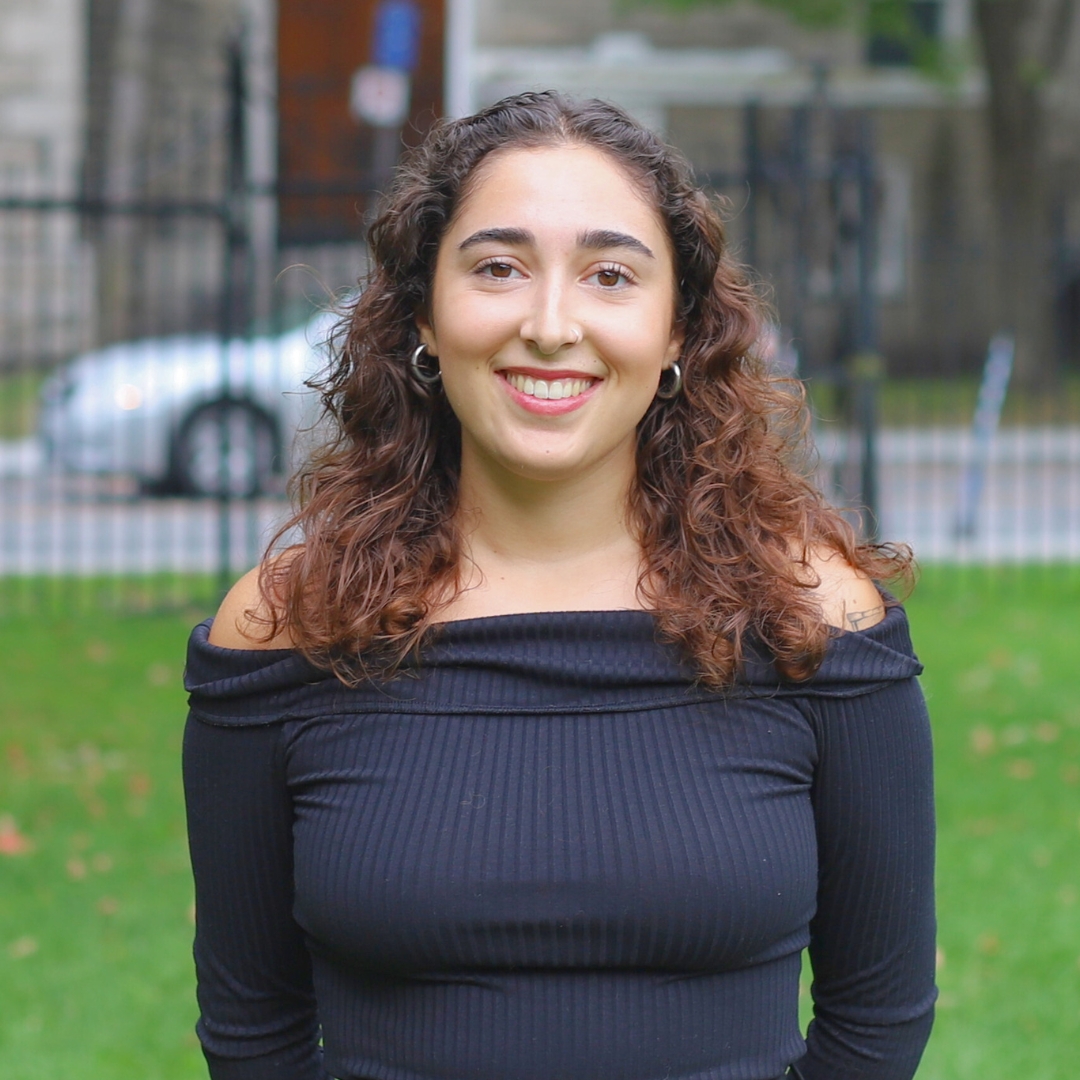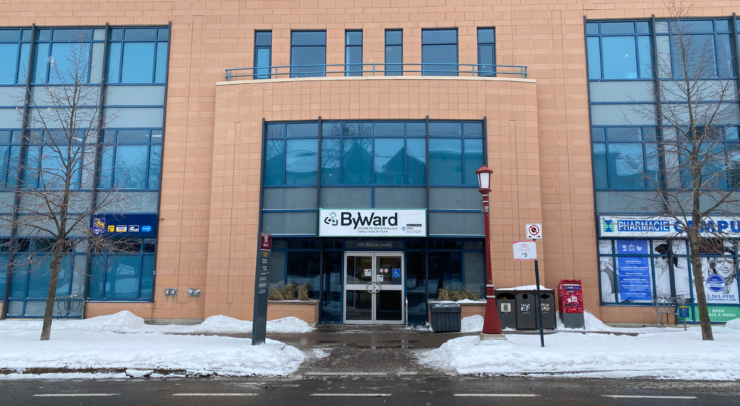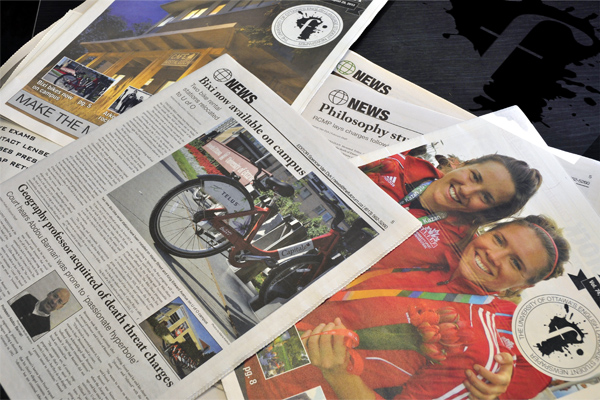When considering AI and algorithms discussions about implicit bias and discrimination that emerge.
Students who worry about how best to manage their files, how to navigate AI, and the speedy development of technology need not worry any longer. In the fall of 2025, U of O students will be able to enroll in a new class discussing digital literacy.
The Fulcrum spoke with Jada Watson, an associate professor of Digital Humanities in the School of Information Studies and Marc Charron, senior advisor of Strategic Initiatives at the Faculty of Arts for more information on the upcoming course.
The conception for the class comes from a variety of different perspectives including response to student need, and in response to the current climate of technology.
“As technology changes so rapidly around us, we have to consider not just how it works, but why it works the way it does, and the legal parameters around it, and the issues that can emerge from working with different technologies.” Watson said in an interview with the Fulcrum.
Of course, there will be an emphasis on practical skills that will be discussed in the course such as how to best organize your cloud files, how to manage your data and how to effectively source and cite academic articles.
More conceptually, the course will address how technology changes and what these changes mean for society. Watson states “technology changes and we really need to understand how it’s working. I study the music industry, with a particular interest in algorithmic bias and discrimination in recommendaation systems in digital service providers like Spotify. The issues that happen in Spotify are the same as what happens in your Google search engine, and it’s the same thing that happens in generative AI. And so there are legal considerations, there are ethical considerations, and quite often, there are discussions about implicit bias and discrimination that emerge.”
In a world where algorithms reaffirm your opinions and biases, it is essential for students in an academic setting to interact with technology in a critical way.
“I’m excited to have students be thinking critically about how generative AI is working. There was this video that went a little bit viral last year that presented the history of fashion generated through AI, and it was these two avatars and the clothing on them changed.”
“It was really interesting to think about what the data sets must have been to produce the changing images over time. Because, quite frankly, the avatars were white, and the fashion trends were very Euro-centric and Western.”
Charron and Watson have considered several logistical challenges for the course. Charron stated “[Watson] and I agreed on the terms of her creating the course content so that we are in a position to offer it next September, [September 2025]. What we want to do is first offer it as an elective to Arts students who might want to join. Then, year after year, we can offer it to a greater number of students across campus. The first iteration of the course will run this coming September, with a French version following in the winter 2026 term.”
To include as many students as possible, the pilot course will run as an asynchronous model.
Watson aptly noted “It’s a stronger way to build a more accessible course, so that it removes barriers for students who want to take it. We might be post lockdown, but we’re not post COVID, and students are making big, important decisions about how they engage in courses based on their health and well being. And I’m very proud that they’re doing that. I think that we need to be able to offer some of these courses in this fashion to make that an easier decision for them.”
Overall, students who are interested in learning more about the evolution of technology and digital literacy can enroll in the course in September 2025. Also, students can consider a minor in digital cultures or the microprogram in digital cultures.










